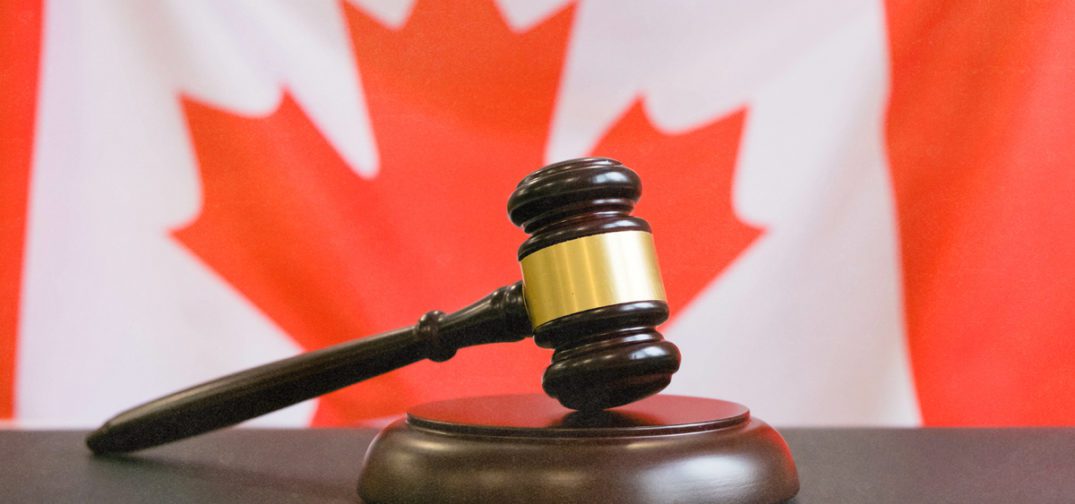Since August 2019, Canada has issued just 845 pardons for cannabis crimes, according to Board of Pardon data outlined by the CBC. The government says it also doesn’t know how many possession records have been “sequestered” under a different program.
Canada legalized cannabis federally in 2018 and the government estimated that 10,000 citizens would be eligible for conviction relief. The Parole Board of Canada told the CBD that more than 1,300 citizens applied for pardons but that hundreds of applications were either incomplete or ineligible.
Andrew Tanenbaum, director of the non-profit organization Pardons Canada, told the CBC that the pardon process is tedious and that some Canadians with eligible records may be apathetic about applying.
An alternative was launched in 2022 that should automatically “sequester” records for simple possession, which would prevent records from showing up on background checks. That program gave the government two years to sequester some records for cannabis possession and other drugs, the report says, but NDP MP Randall Garrison – who backed the amendment to sequester records – told the CBC that “it’s clear [the program] doesn’t work.”
“It’s a bureaucratic nightmare. The amount of bureaucracy that is required to do that is probably much more complicated than the pardon system.” — Tanenbaum to the CBC
Jean-Sébastien Comeau, a spokesperson for Public Safety Minister Dominic LeBlanc, indicated that the government intends to meet the program’s November deadline.
“The sequestration of criminal records for simple possession of cannabis is a significant undertaking that requires the cooperation of our provincial, territorial and municipal partners,” Comeau said in an email to the CBC.
“We will continue to work with them, as we have since the coming-into-force of this legislation, to ensure we meet that deadline.”
Get daily cannabis business news updates. Subscribe
End
